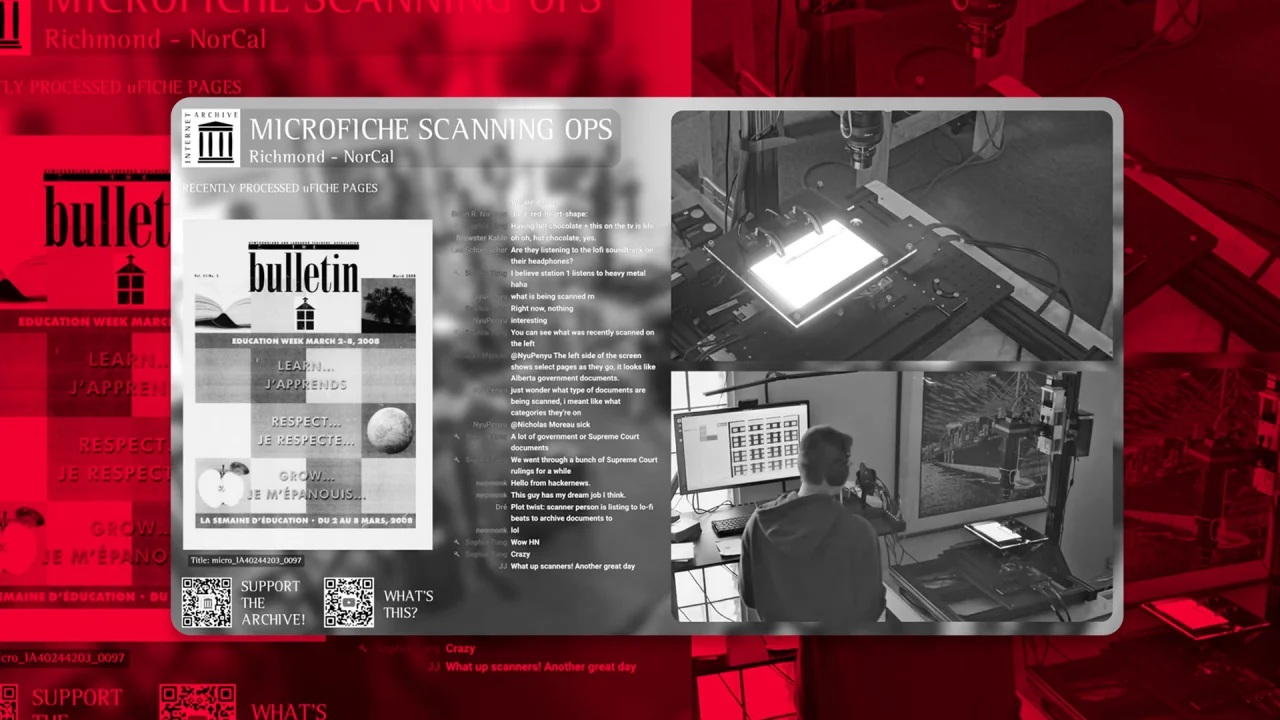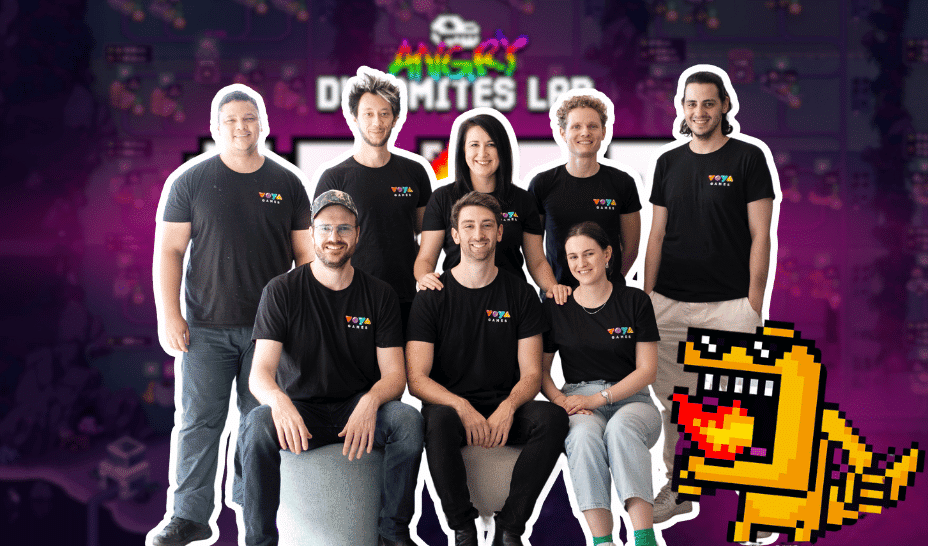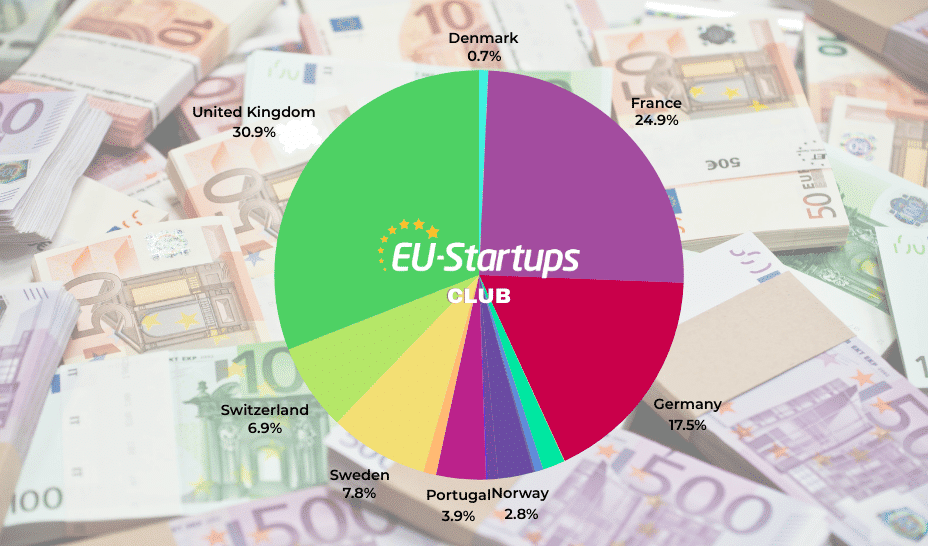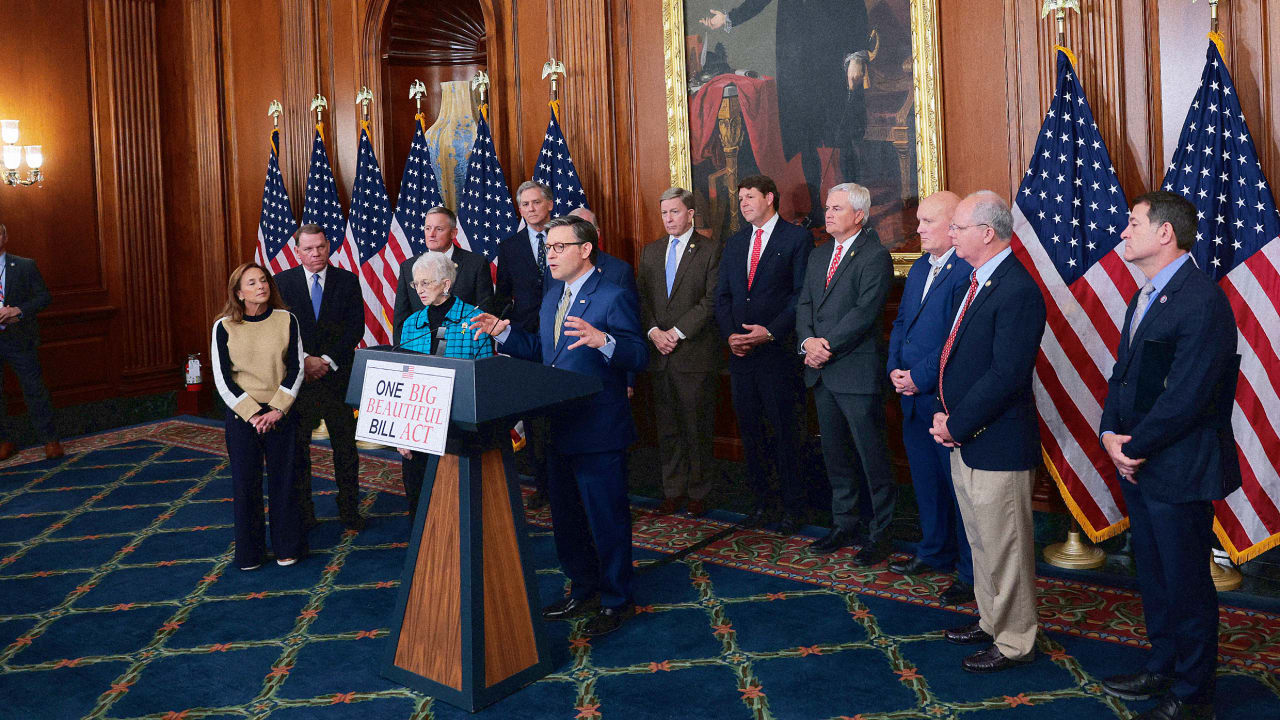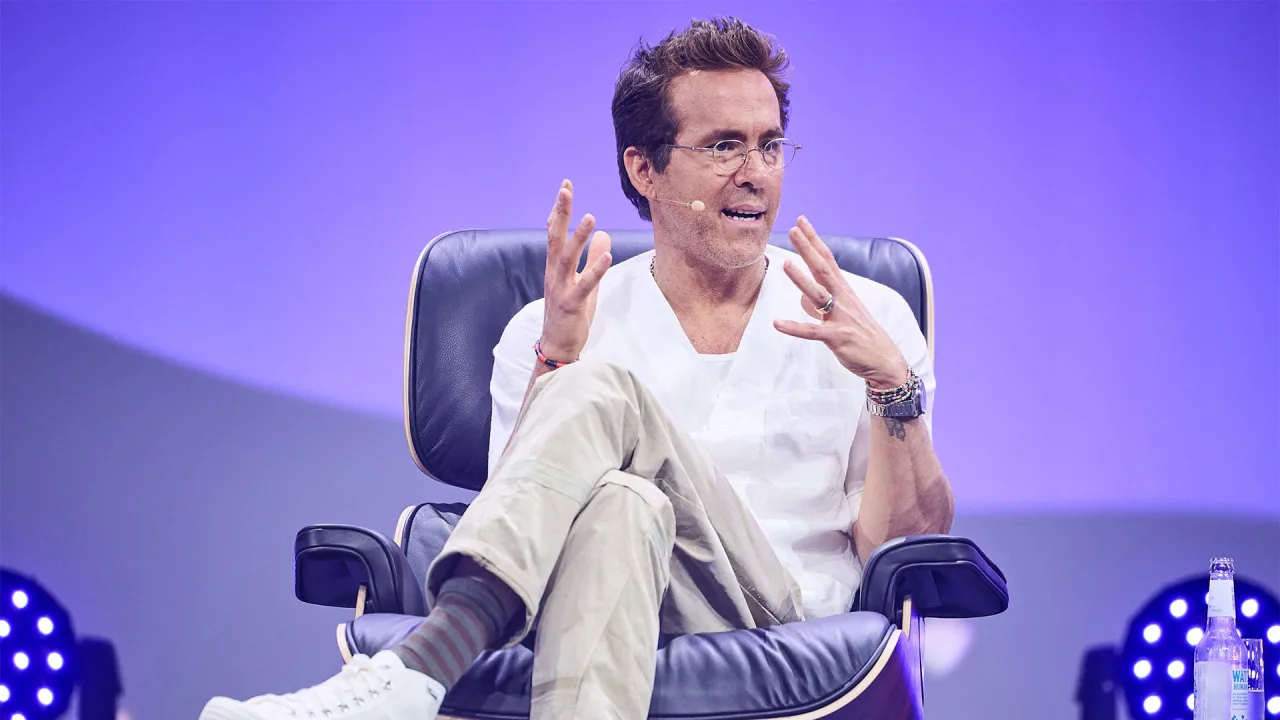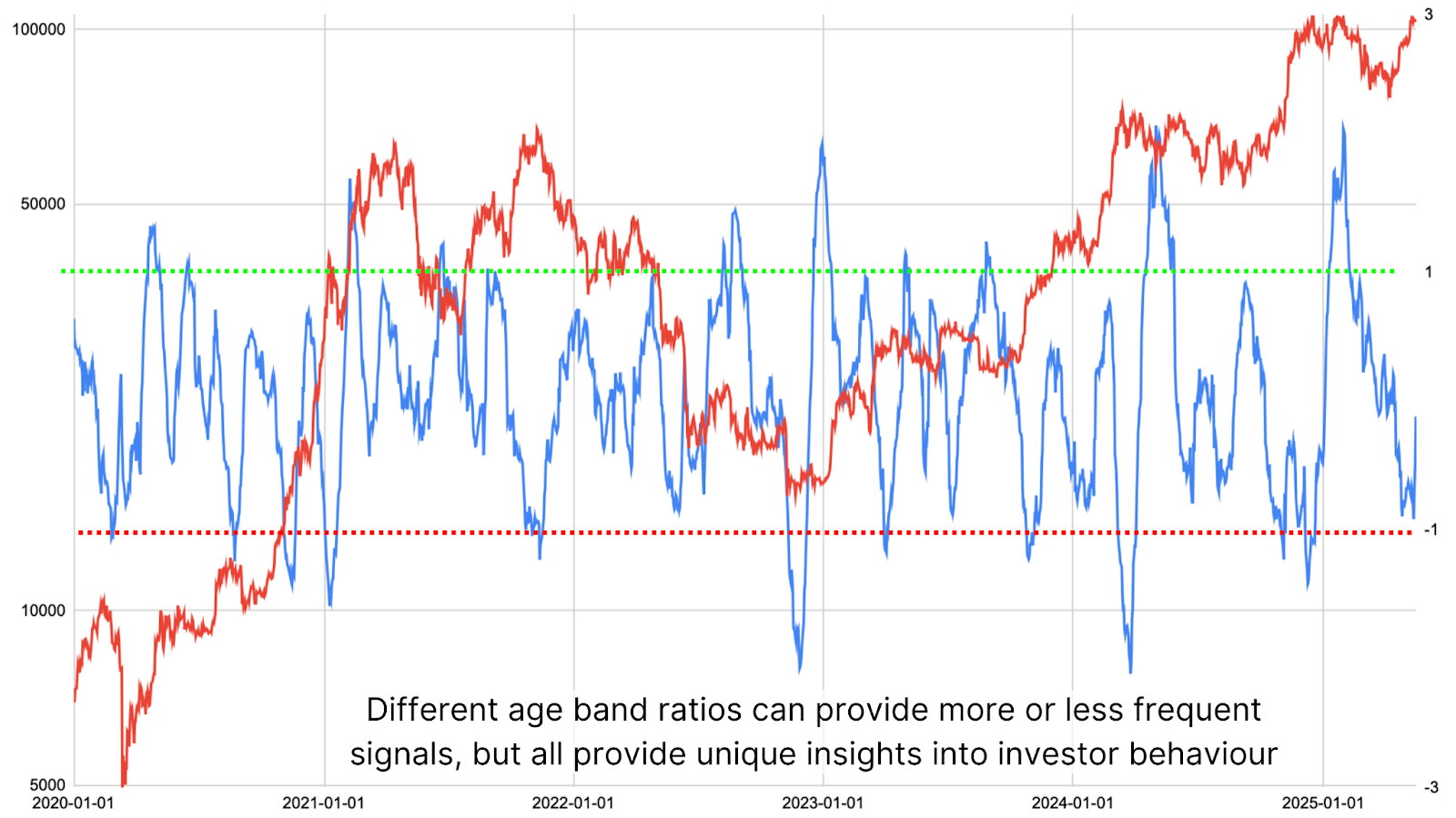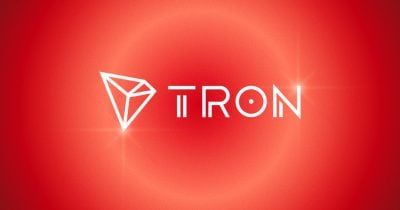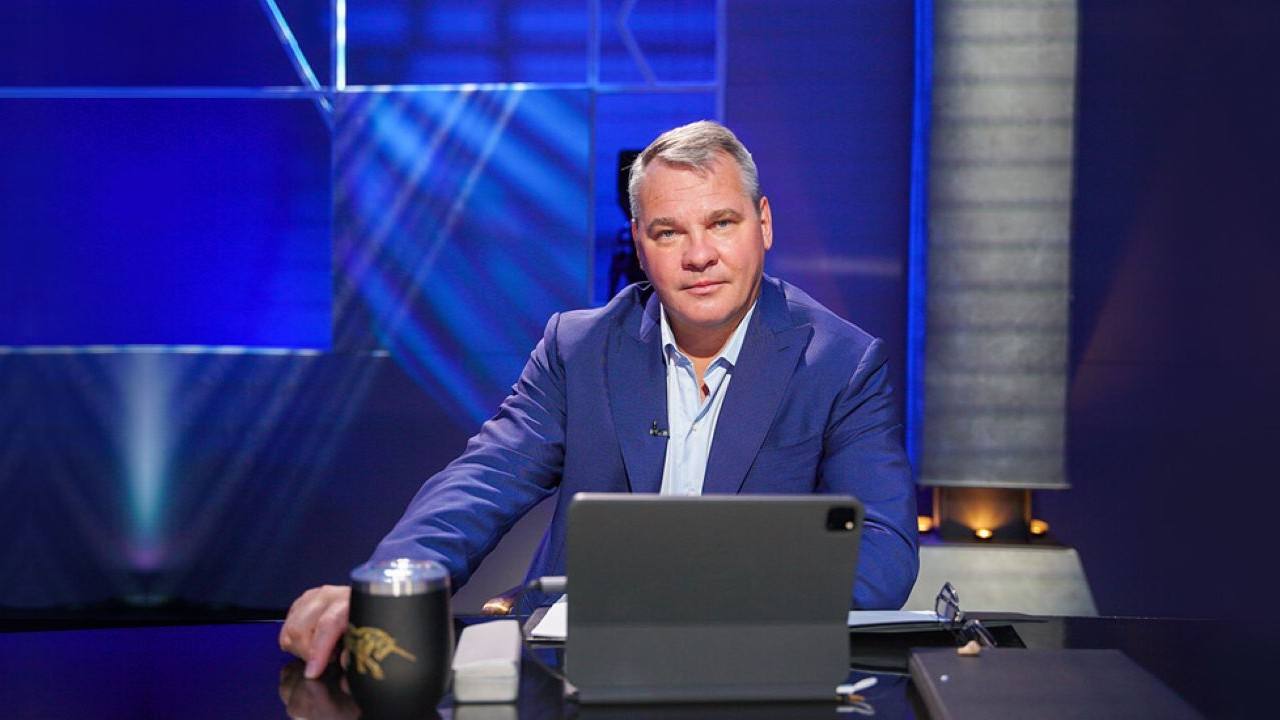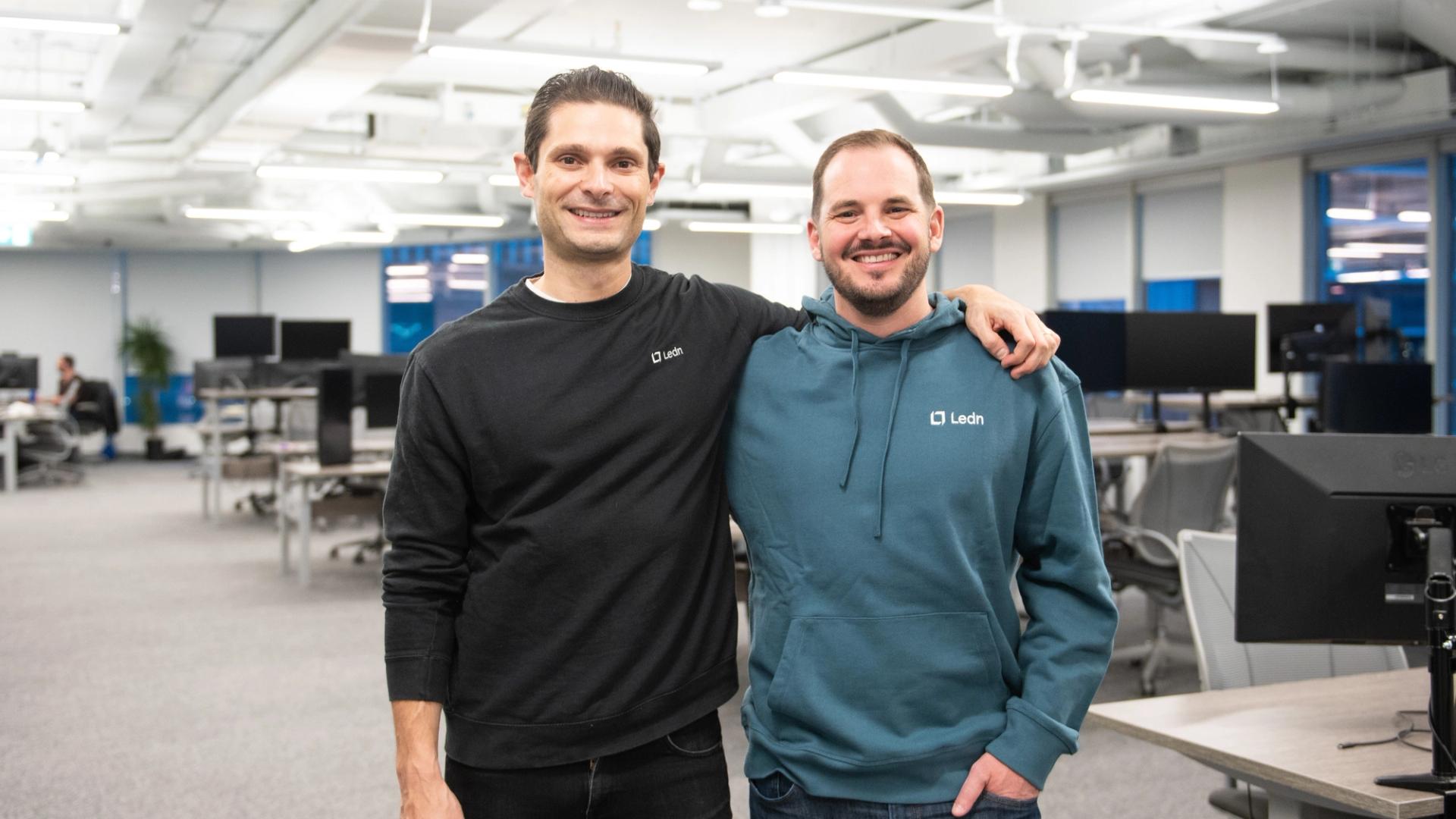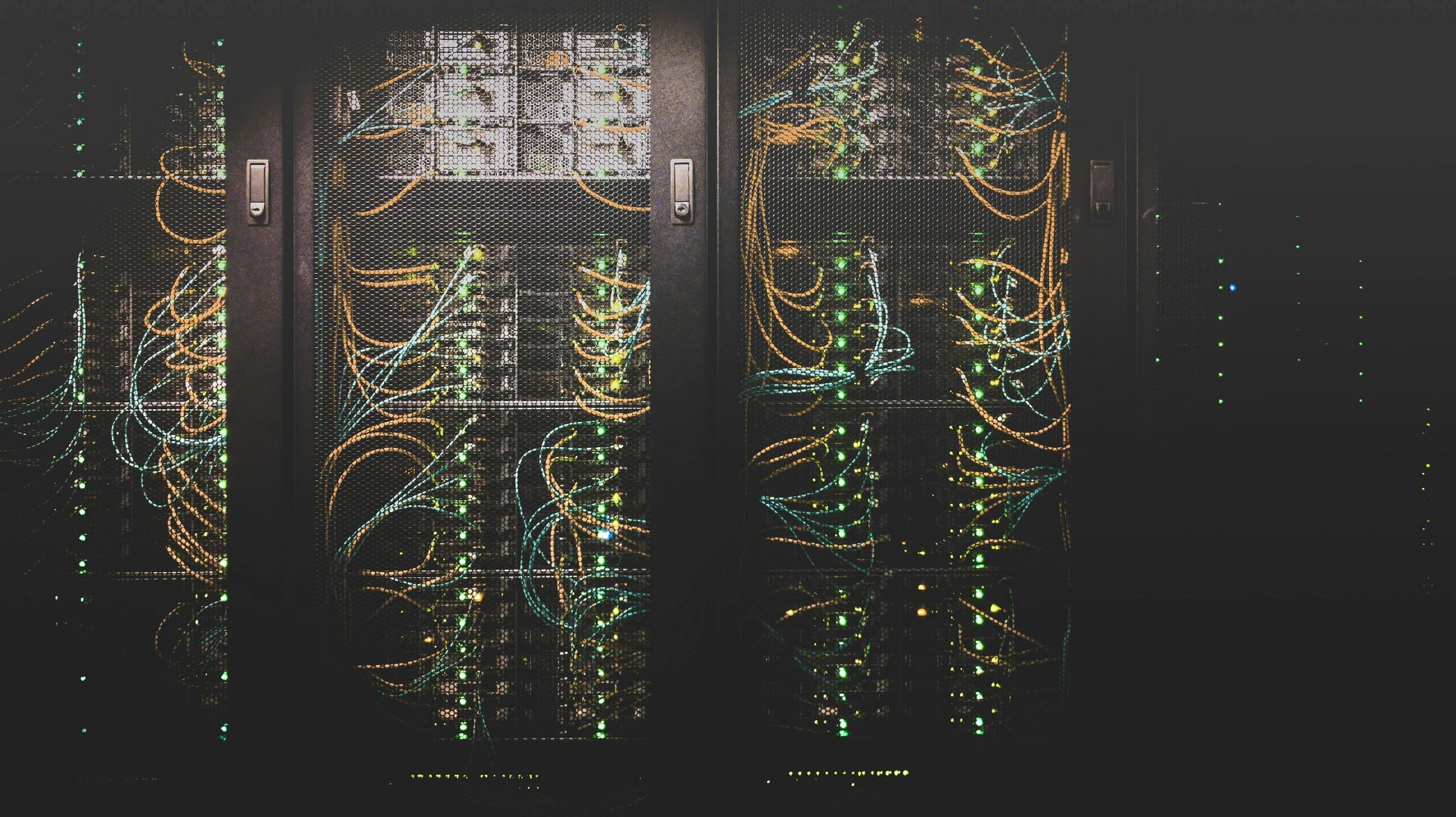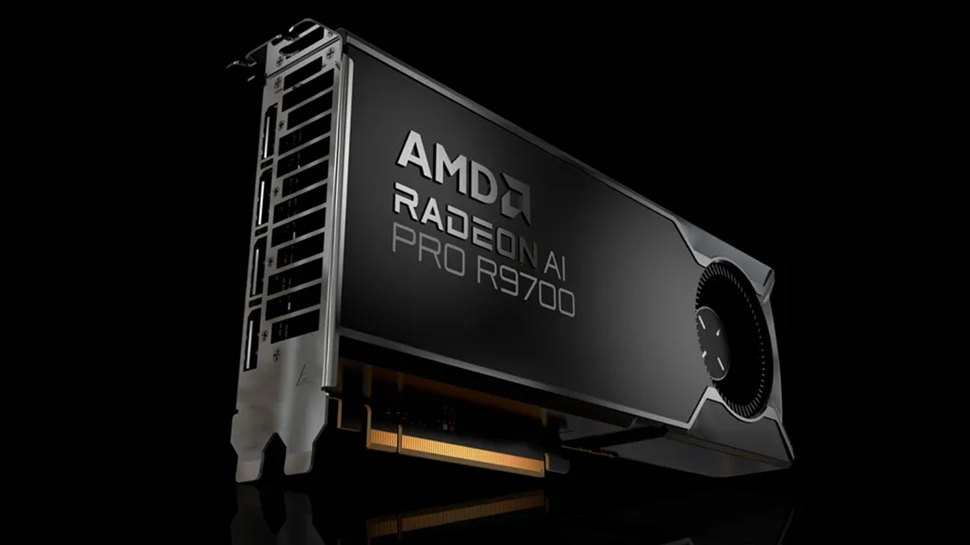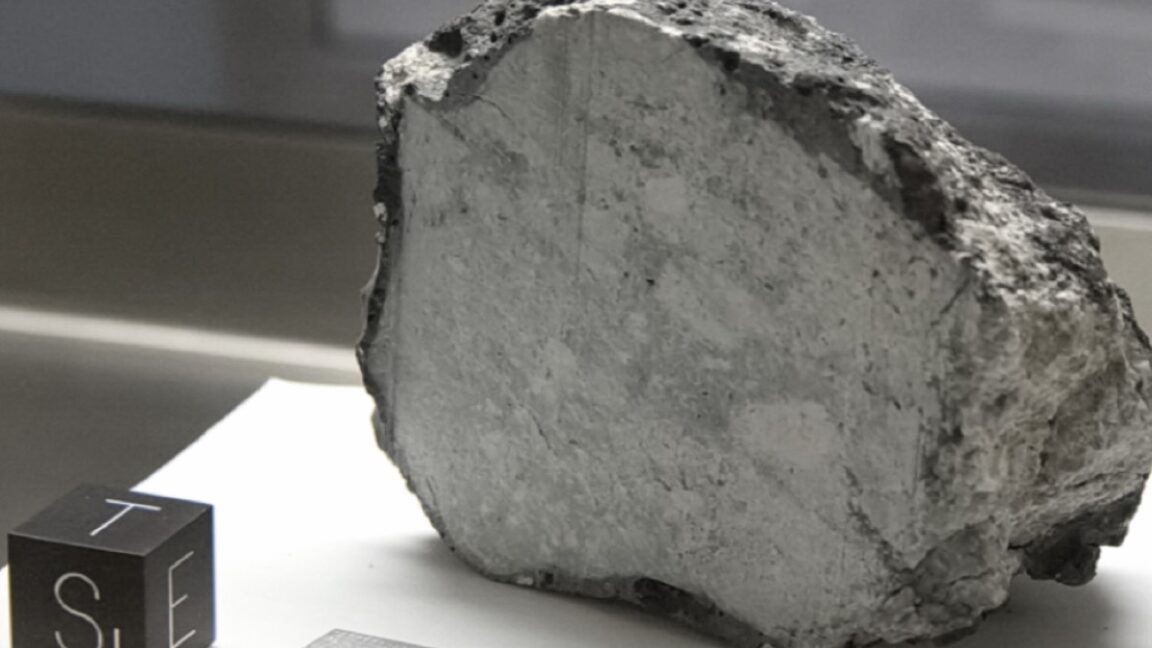Drone startup surveying power lines to prevent fires wins top prize at prestigious UW competition
The grand prize in a prestigious contest for young Pacific Northwest entrepreneurs came down to four technologies Thursday night: wildfire-preventing drones, AI analysis for animal research, a plastic-saving tech for 3D printing, and high-performing devices for gynecological exams. Voltair, a startup developing self-charging drones that use AI to survey electrical lines to look for potential threats, took the top prize at the University of Washington’s 28th annual Dempsey Startup Competition — a check for $25,000 from BECU. The UW student team also won the $5,000 Glympse Internet of Things (IoT) Big Picture Prize. A record-setting 174 startups from 43 colleges… Read More


The grand prize in a prestigious contest for young Pacific Northwest entrepreneurs came down to four technologies Thursday night: wildfire-preventing drones, AI analysis for animal research, a plastic-saving tech for 3D printing, and high-performing devices for gynecological exams.
Voltair, a startup developing self-charging drones that use AI to survey electrical lines to look for potential threats, took the top prize at the University of Washington’s 28th annual Dempsey Startup Competition — a check for $25,000 from BECU.
The UW student team also won the $5,000 Glympse Internet of Things (IoT) Big Picture Prize.
A record-setting 174 startups from 43 colleges and universities entered the competition. By Thursday, the field was whittled down to 16 contenders who made their pitches before judges in mock boardroom settings. The event culminated in a ceremony held in a packed hall on the Seattle waterfront. More than $87,000 in prizes were awarded.
The contest also included an Alumni Entrepreneur of the Year Award, which was presented to HashiCorp, a cloud tech startup launched in 2012 by two graduates of the UW’s Paul G. Allen School of Computer Science & Engineering. The San Francisco-based HashiCorp was acquired by IBM for $6.4 billion in February.
Co-founders Armon Dadgar and Mitchell Hashimoto mingled with attendees before the ceremony.

“What’s exciting is to see how different the entrepreneurial ecosystem is,” Dadgar said. “When we were here, [it] was basically non-existent. It was like, basically no infrastructure. There was no venture community. There [were] no student clubs.”
The duo had to create their own support system — but it was wanting.
“We were meeting in one room, amongst ourselves, in a bubble,” Hashimoto added. “So we were creating fantasy problems that didn’t exist in the real world.”
Now students have peer-to-peer engagement; access to investors to advise and challenge their ideas; technology transfer resources and guidance in creating a startup, the two agreed.
Dadgar, who lives in Seattle and recently made a $3 million gift to his alma mater, participates in a UW student-led program supporting new entrepreneurs, called DubHacks.
The students are “doing their pitches, and they’re talking to me about what’s their go to market motion, who’s their ideal customer profile. They’re dropping all these acronyms,” Dadgar said. “I’m like, you guys are Silicon Valley professionals.”
To that point, the Voltair team is already making plans for pilot testing its drone technology, and is looking to partner with a utility on Washington’s Orcas Island.
“We’re planning to demo our hardware on real power lines this summer,” said team lead Ronan Nopp, who will graduate from the UW next month with a bachelor’s degree in electrical and computer engineering.

Voltair’s drones are designed to monitor thousands of miles of power lines, particularly in rural areas. The devices will survey for vegetation growing into the lines and degradation of insulators and other hardware. Their technology will use AI to analyze the videos and other data collected to identify problem areas, pinpointing sites for crews to check out.
The team developed technology that allows the drones to take breaks and recharge directly from the power lines, saving the need to recall the devices — an important feature considering the distances spanned by utility lines. The drones currently can operate semi-autonomously, but Voltair aims to make them fully autonomous.
Other members of Voltair are Aryan Sharma, Hunter McKay, Andy Legrand and Isabella Crosby. Last month, the team landed the $15,000 grand prize at the UW’s Environmental Innovation Challenge.
Both competitions were hosted by the Buerk Center for Entrepreneurship in the Foster School of Business.
The final 16 for the Dempsey contest included teams from the UW, the UW Global Innovation Exchange, Seattle University, the University of British Columbia, the University of Victoria, and Eastern Washington University. The event has awarded more than $2 million since its start.
The other top winners on Thursday:
$15,000 WRF Capital Second Place Prize
- BioSyft Technologies, UW
- The team is creating an AI technology to use in drug development involving animal test subjects. The tool can analyze and quantify subtle animal behaviors, creating consistent, non-biased data and saving time for researchers.
- BioSyft also won the $2,500 Holland & Knight Best Health & Wellness Impact Prize.
$10,000 iSpot.tv Third Place Prize
- Universal Extrusion Solutions, EWU
- The team is developing a plastic recycling device that takes shredded, waste plastic and pellets and turns it filaments in real time, creating environmentally friendly feedstock for 3D printers.
- Universal Extrusion Solutions also won the $2,500 David & Patty Helberg Smukowski Best Sustainable Business Idea Prize.
$7,500 Friends of the Dempsey Startup Fourth Place Prize
- Revyn Medical Technologies, UVic
- The team is innovating silicon speculums for gynecological exams that aim to be more comfortable for patients and easier to use for providers. The devices include illumination and the capacity for collecting video images.
- Revyn also won the $2,500 Saara Romu Community Impact Prize.
- In March, the startup participated in the UW’s Hollomon Health Innovation Challenge, taking the $5,000 R1 third place prize and the $2,500 Population Health Initiative Best Idea for Addressing Health Access and Disparities Prize.
Other prizes awarded Thursday:
- $5,000 Wilson Sonsini Social Impact Big Picture Prize – Luminovah (UW)
- $2,500 eBay Best Marketplace Idea Prize – Seattle Financial Initiative (Seattle University)
- $2,500 Perkins Coie Best Innovation/Technology Idea Prize – VisionVoice (UW)
- $2,500 Thatcher & Shannon Davis Best Consumer Product Idea Prize – Arid Cycles (UW)
- $2,500 Voyager Capital Best Business to Business Idea Prize – Elementrailer (UW)
- $2,500 DLA Piper Best Idea with Global Reach Prize – MycoLab (UBC)


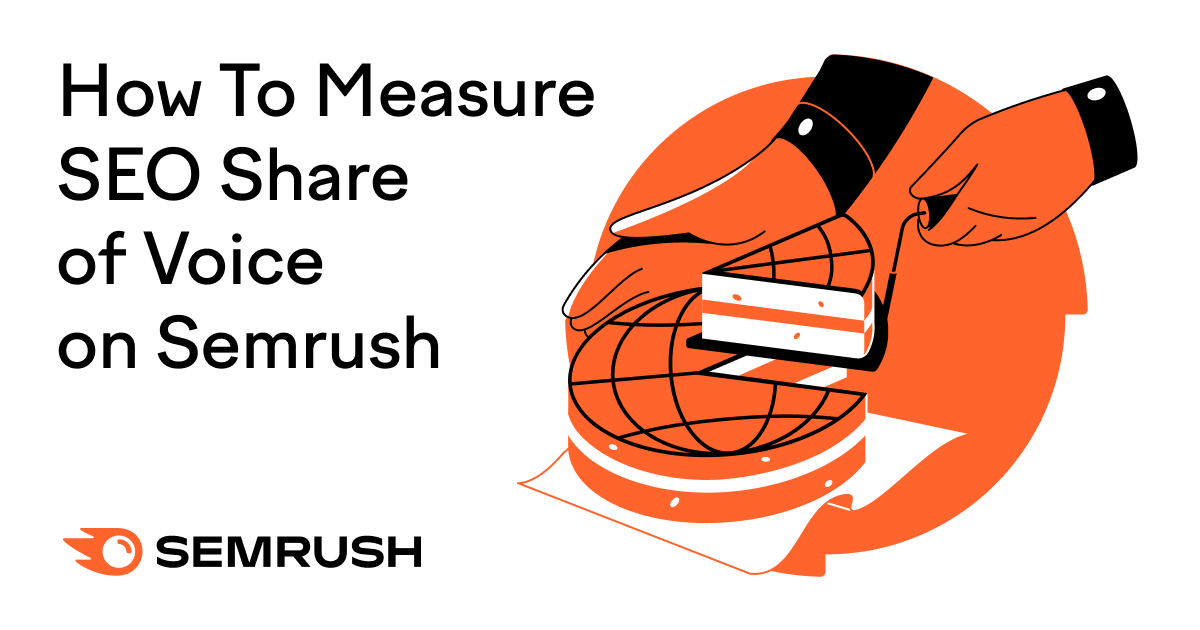


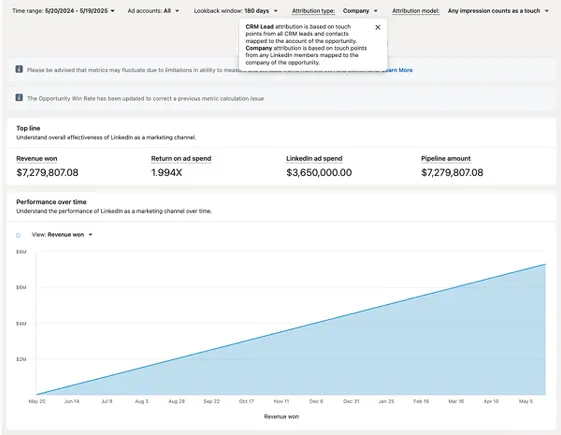








.png)















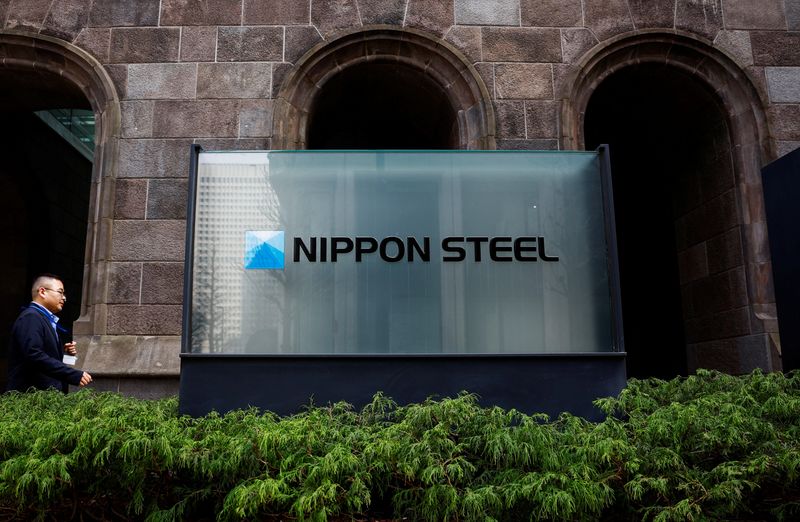











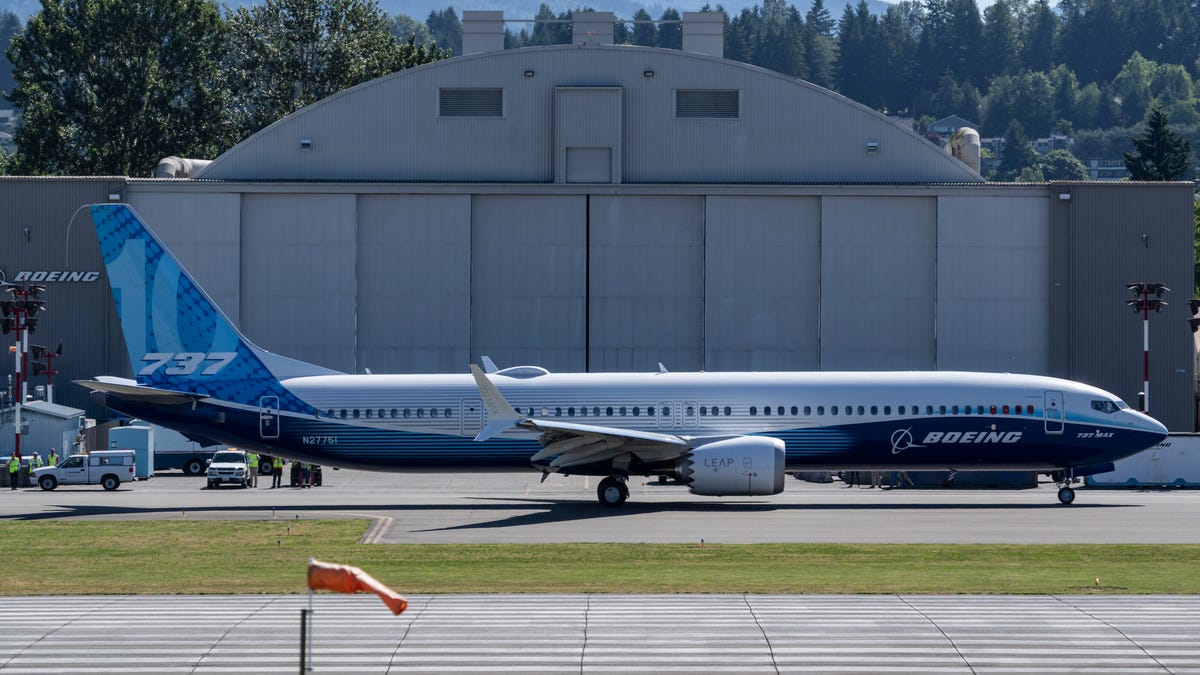








![[Weekly funding roundup May 17-23] VC inflow remains steady](https://images.yourstory.com/cs/2/220356402d6d11e9aa979329348d4c3e/Weekly-funding-1741961216560.jpg)










